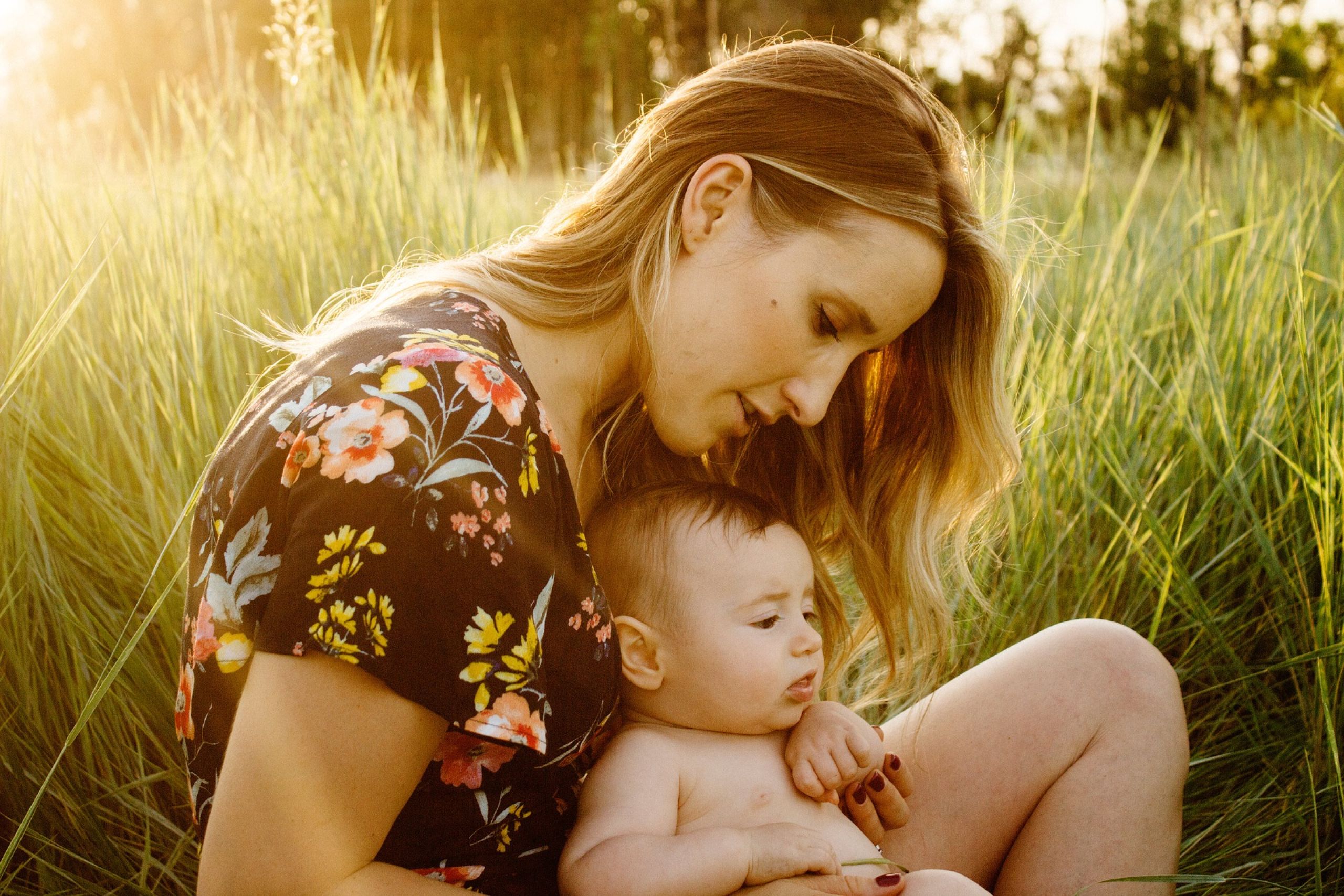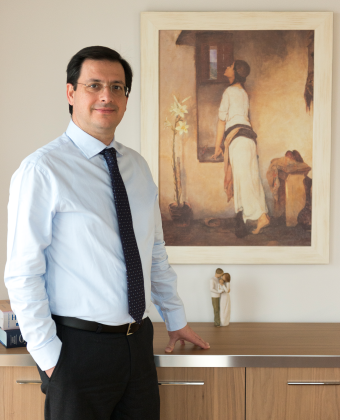
Egg donation treatment
Egg donation makes every woman’s dream of becoming a mother possible, by using the eggs of a healthy donor.
Which women can be helped
It is usually addressed to women of an older reproductive age, with absence of eggs or with few low-quality eggs. It is also addressed to women with cancer, premature ovarian failure, or genetic or autoimmune diseases, which have potentially damaged her ovaries. A solution can be found, though, whatever the case may be.
How it works
In the beginning, the healthy donor starts hormonal treatment, as is the case with natural-cycle IVF. This is followed by egg retrieval and fertilization of the egg with the sperm of the recipient’s partner. Through the simple embryo transfer process, the fertilized eggs are transferred into the uterus of the recipient or are placed in cryopreservation to be transferred to the recipient whenever she wishes.
What applies in Greece
According to the Greek legislation, egg donation is anonymous and is safeguarded by a strict set of rules, to protect both the couple and the donor. According to these rules, the donor must not be over 35 years, and must have a normal medical history and normal test results. A total of 2 embryos at the most may be transferred into the uterus of the recipient.
-
Step 1:Donor ovarian stimulation
-
Step 2:Donor follicular puncture and aspiration
-
Step 3:Embryo fertilisation and culture
-
Step 4:Preparing the patient’s endometrium
-
Step 5:Embryo transfer
-
Step 6:Embryo vitrification





